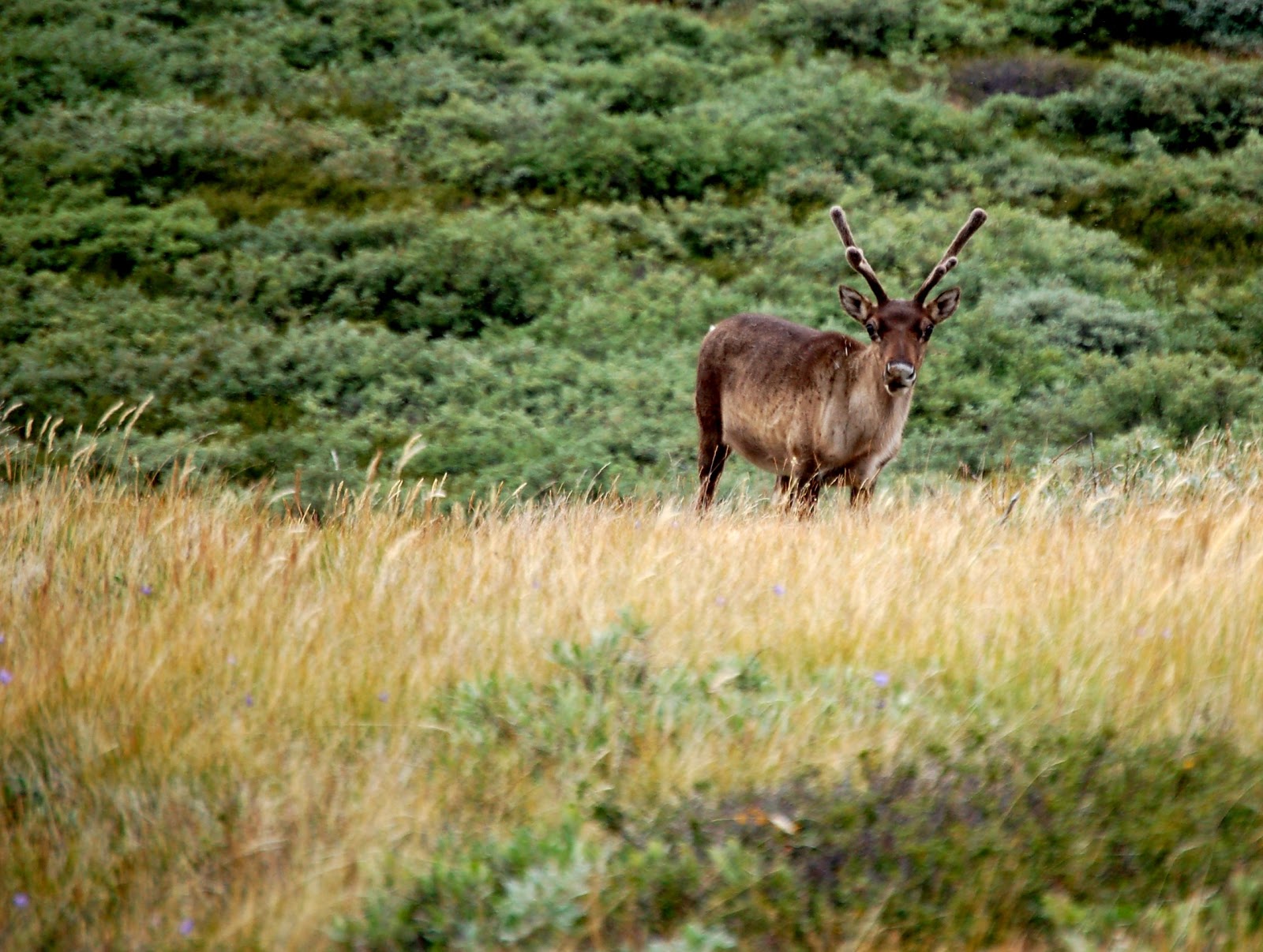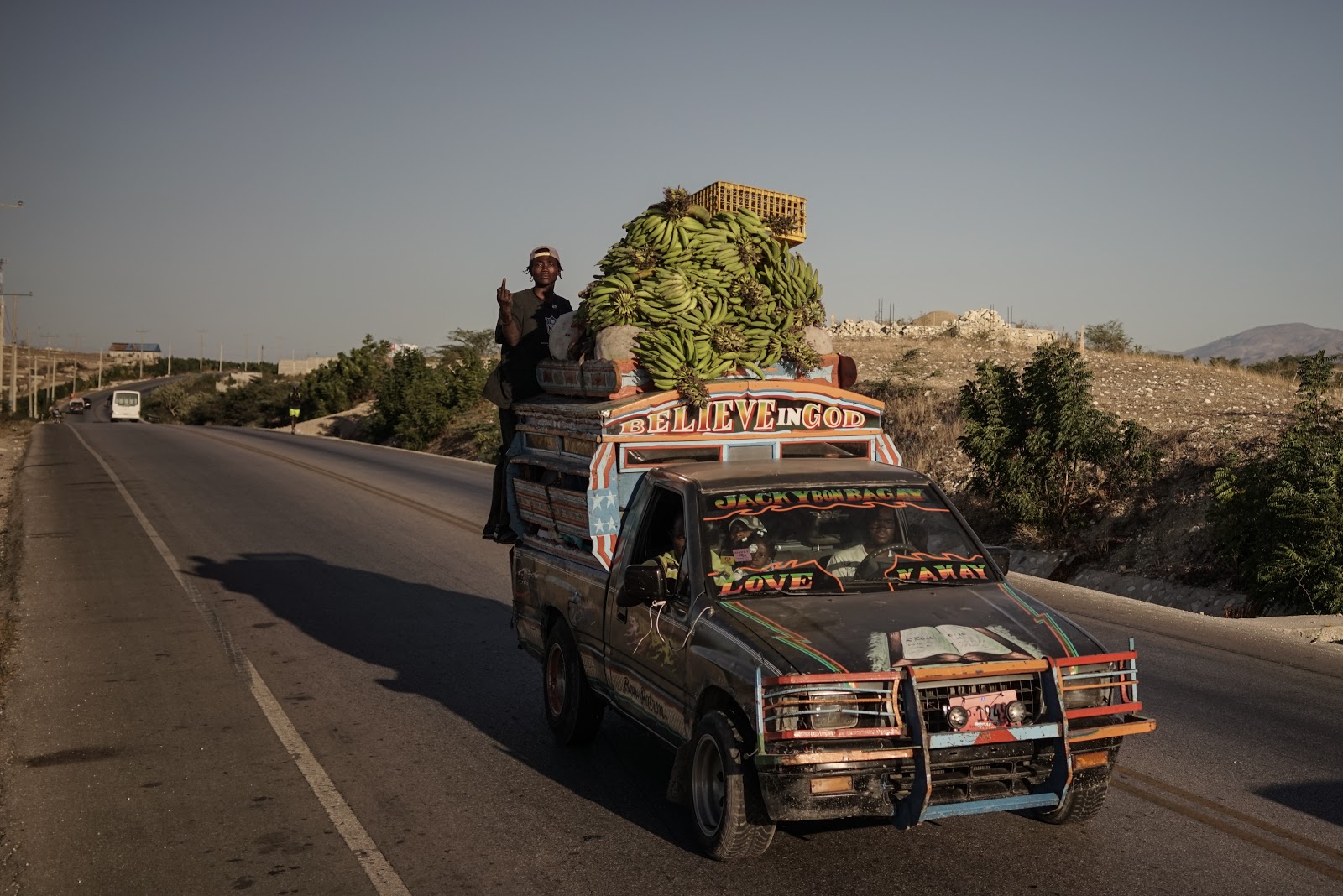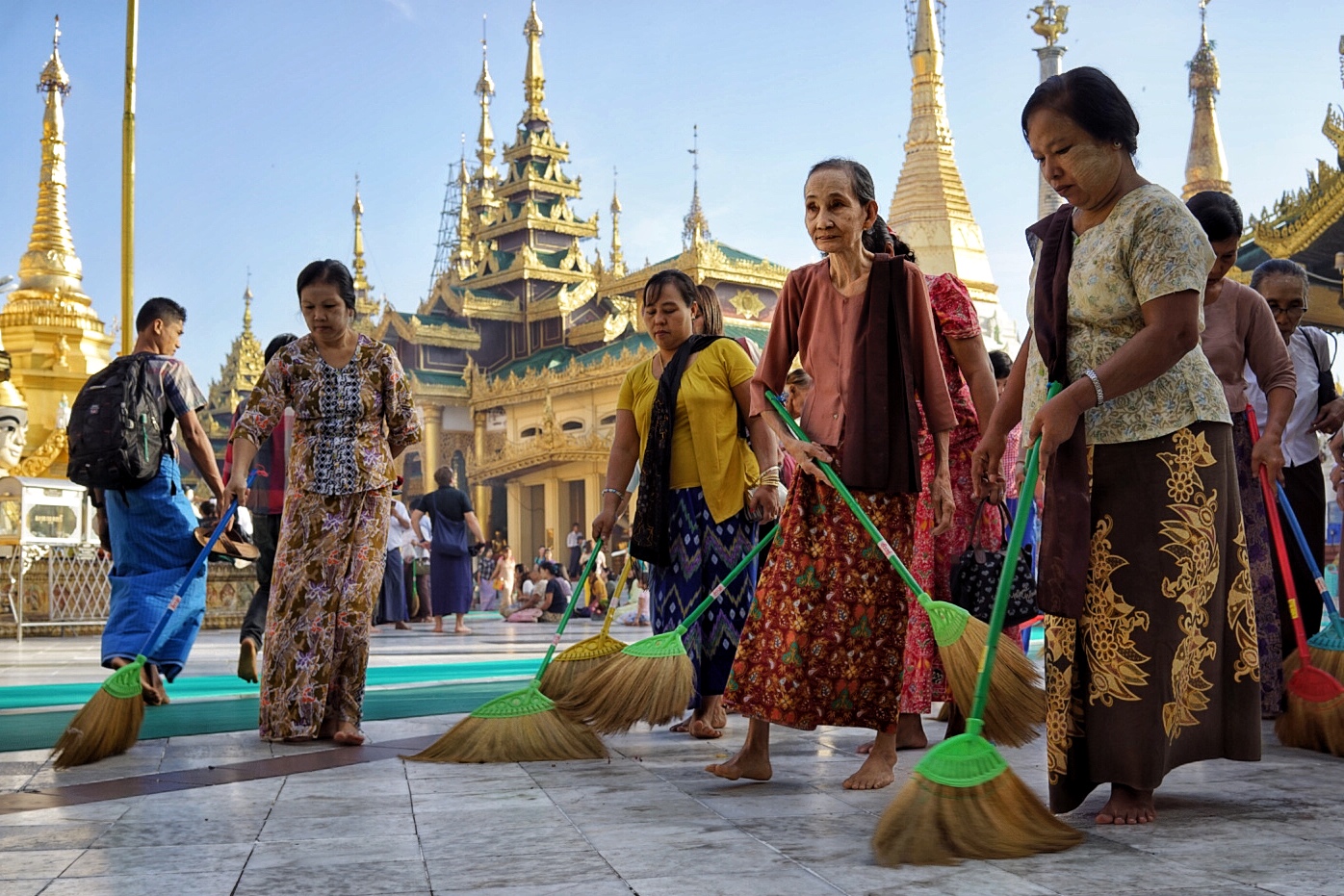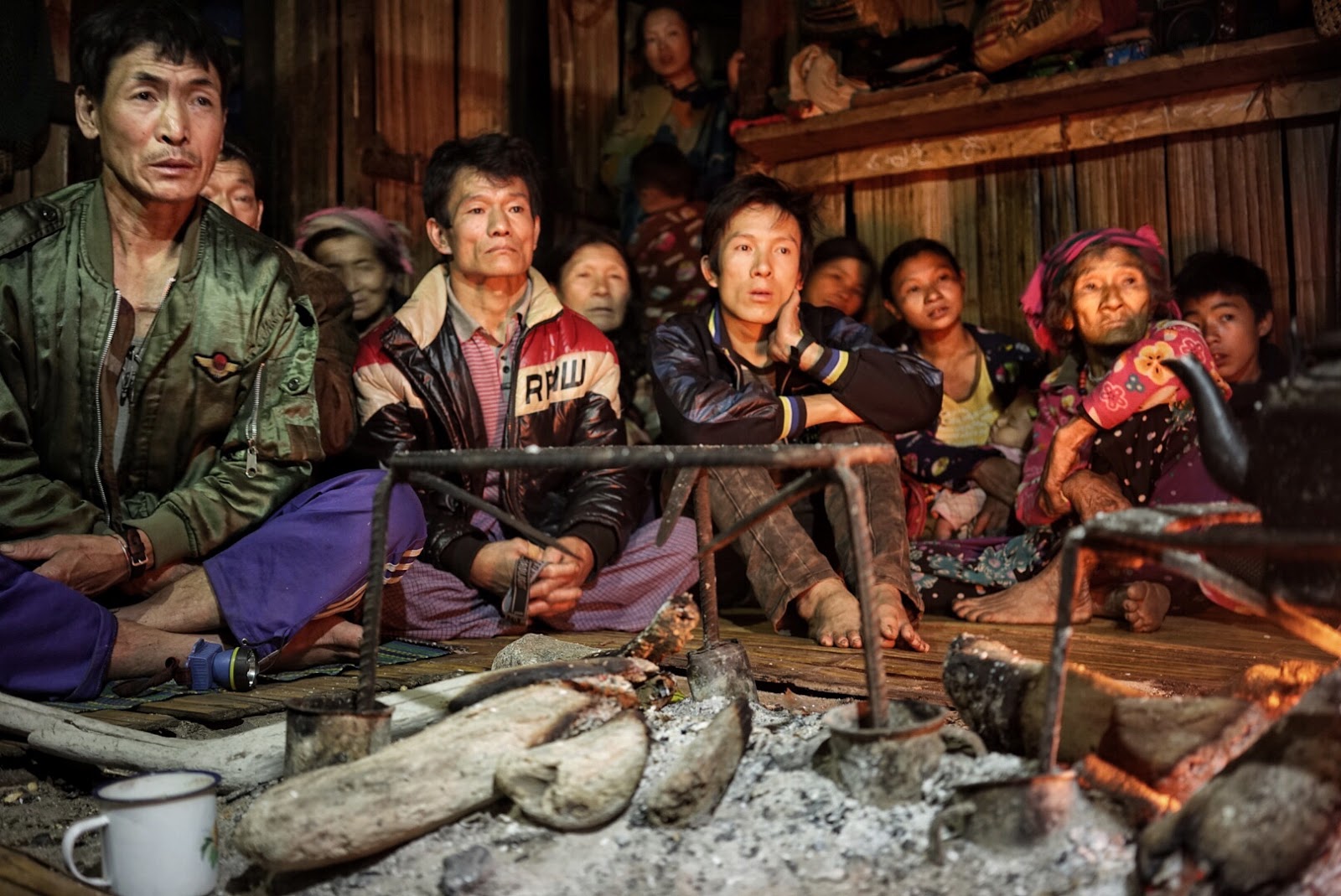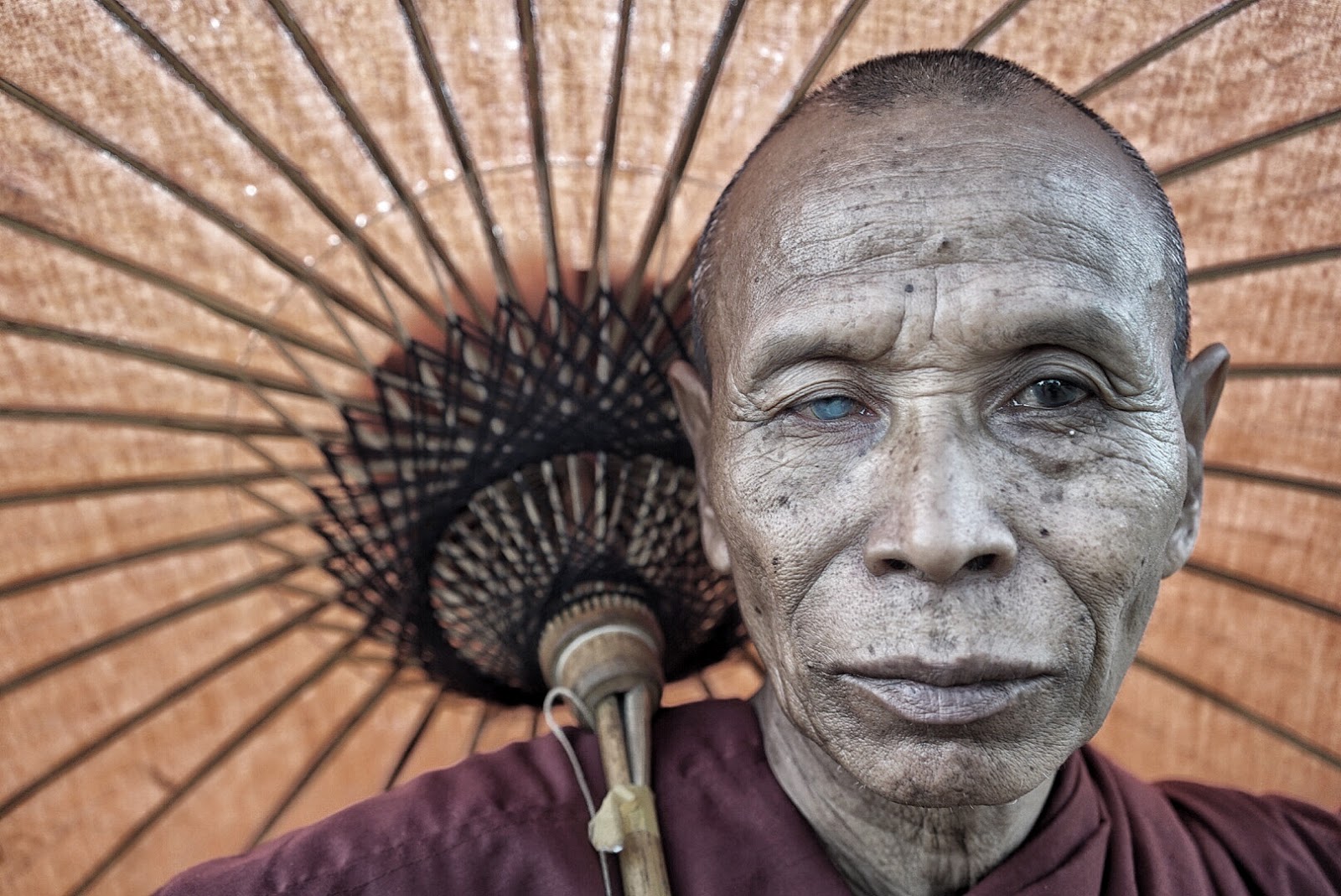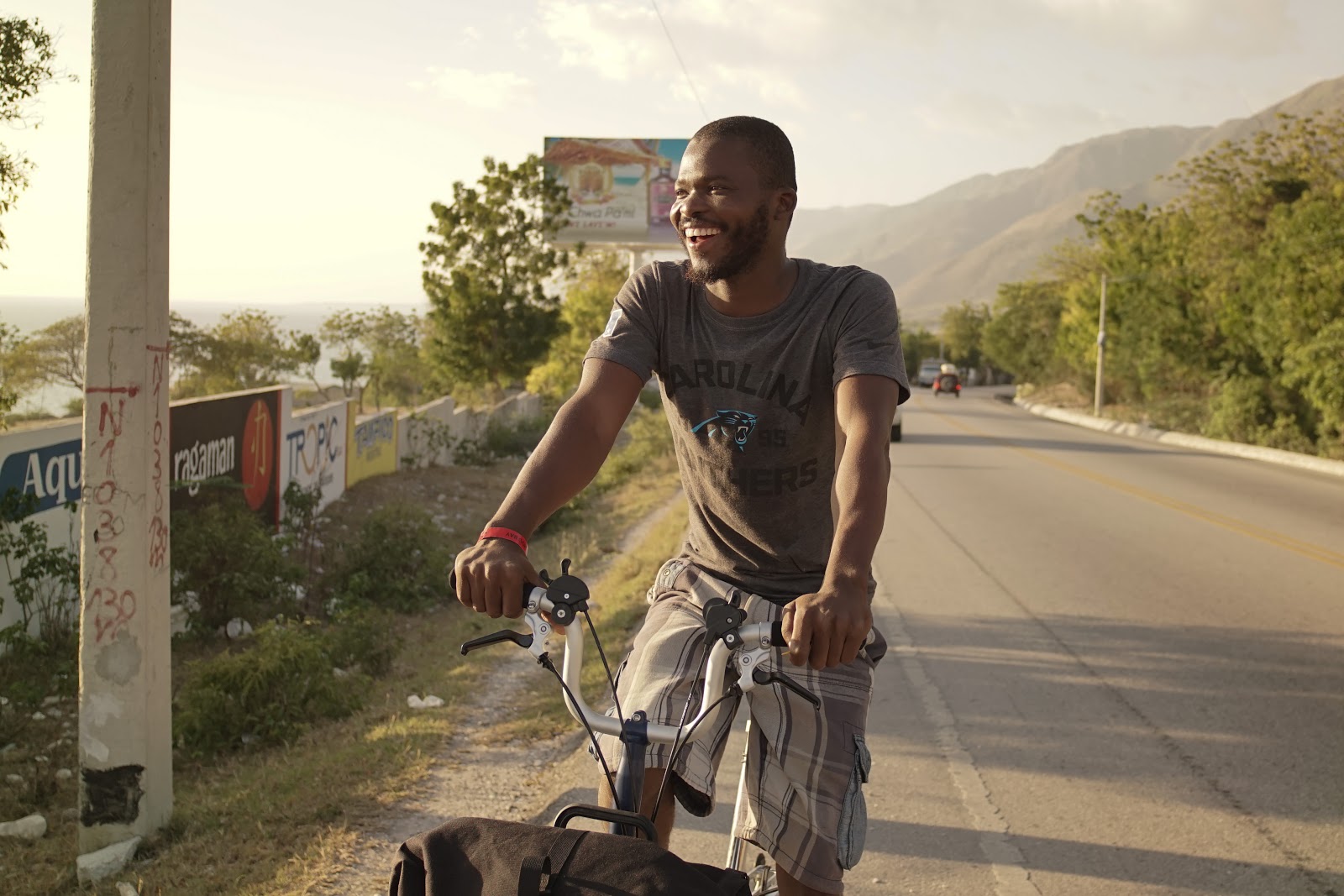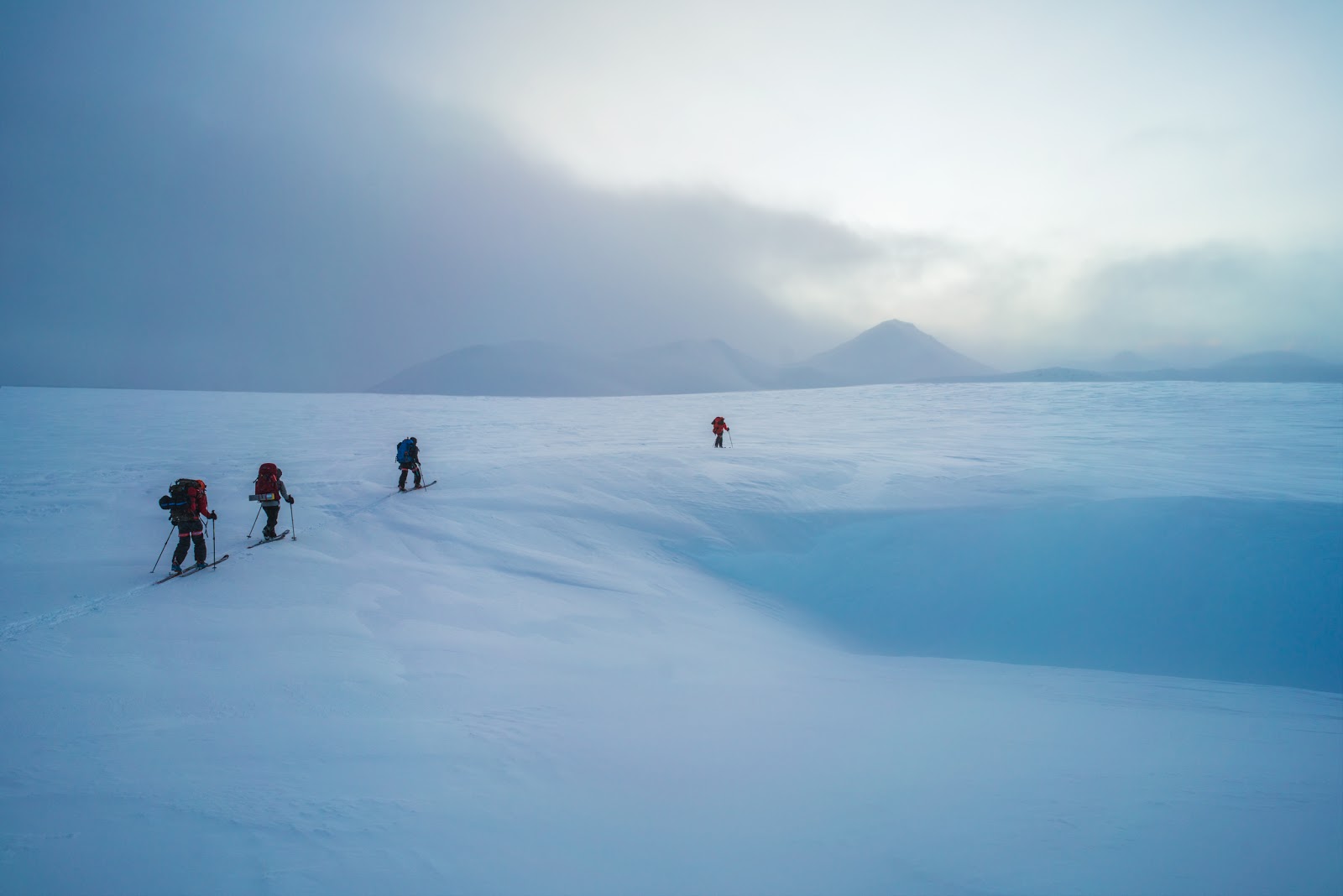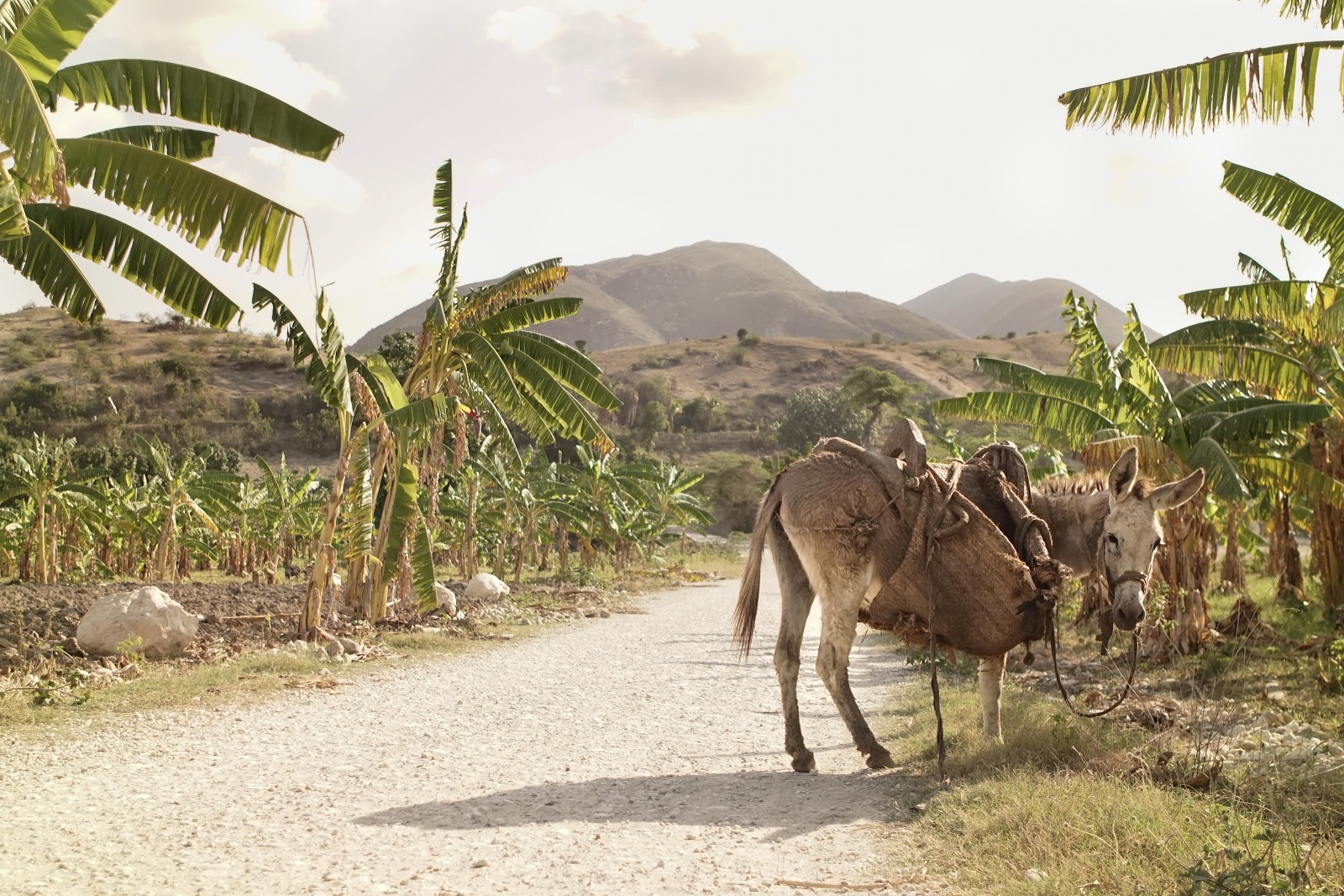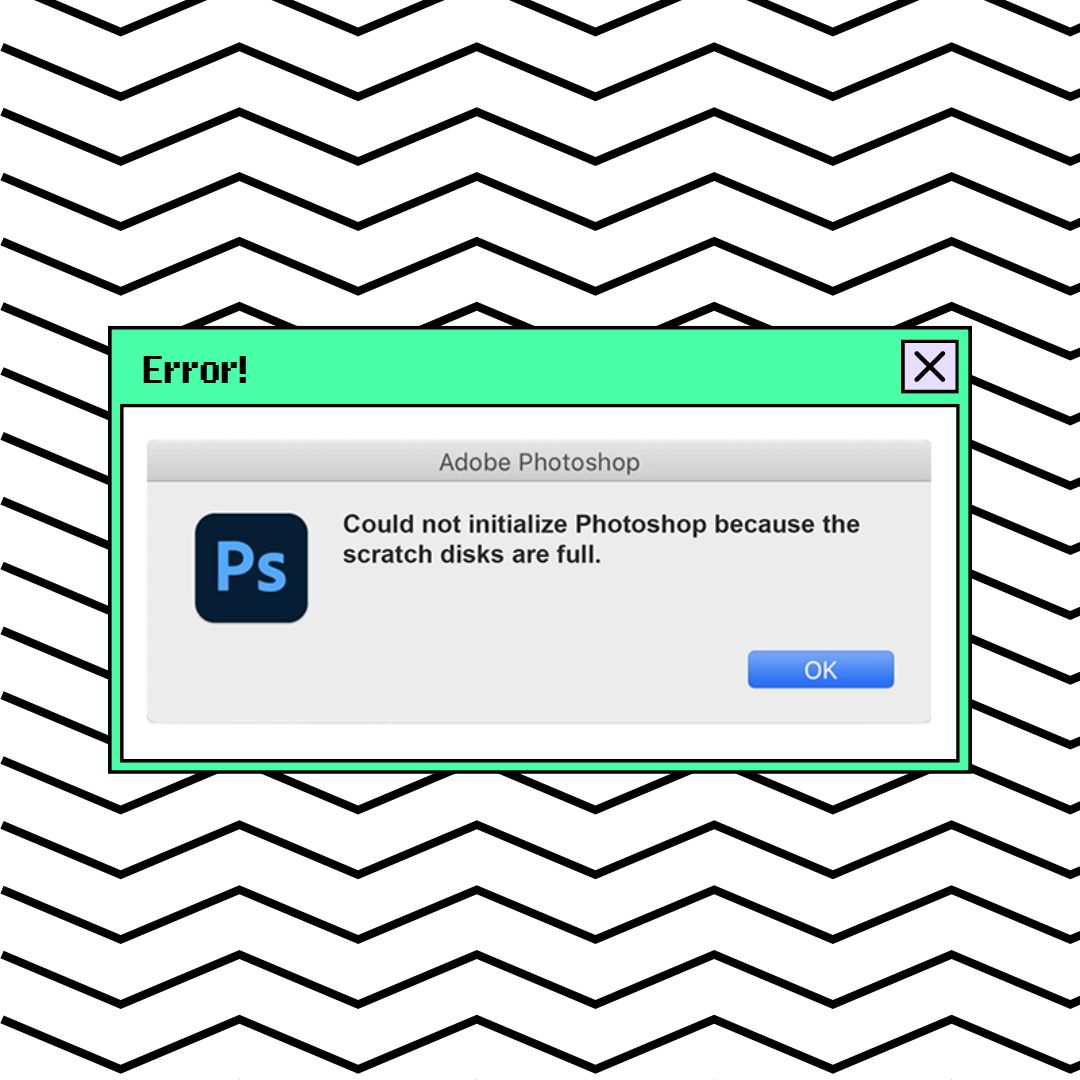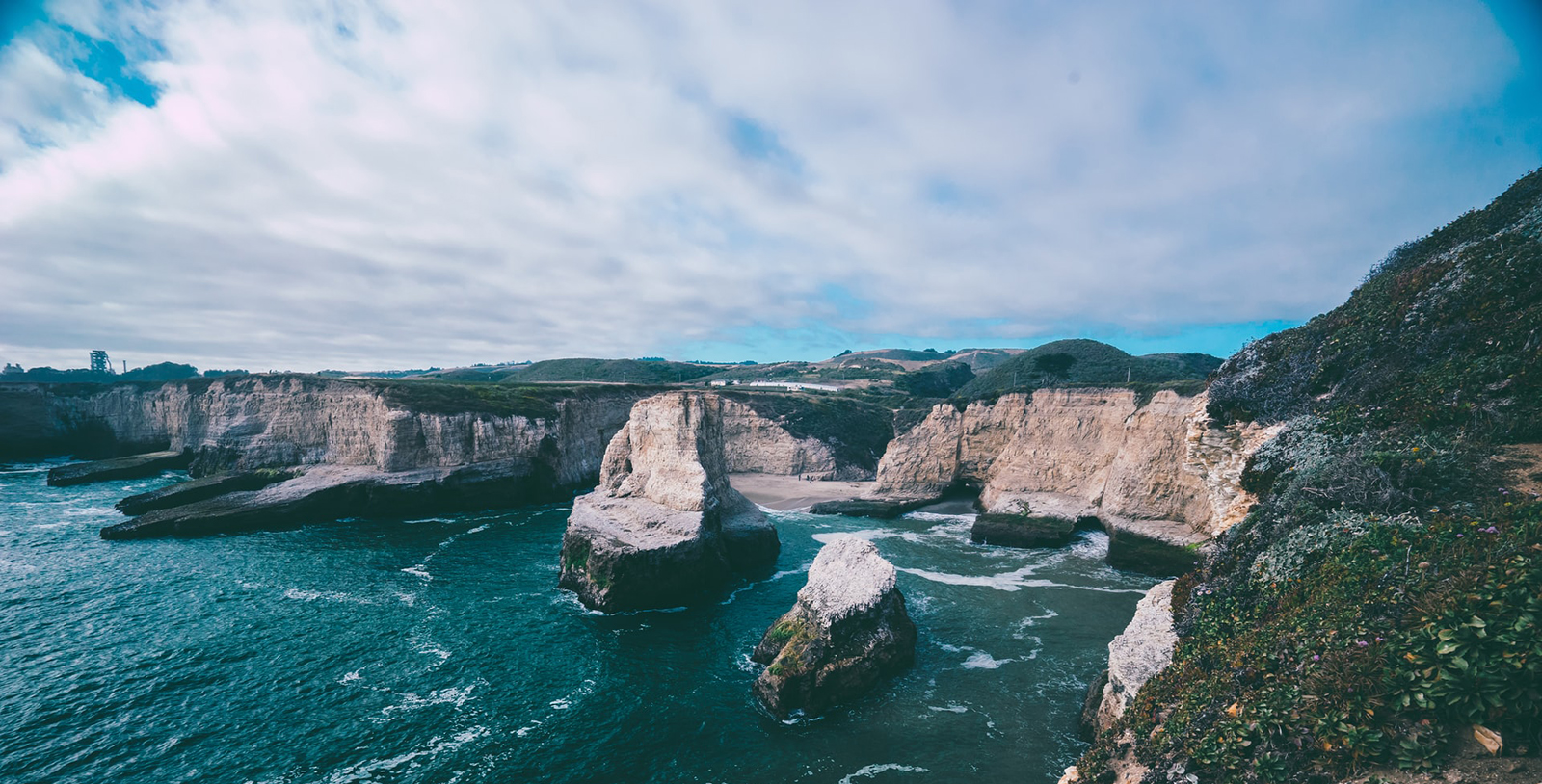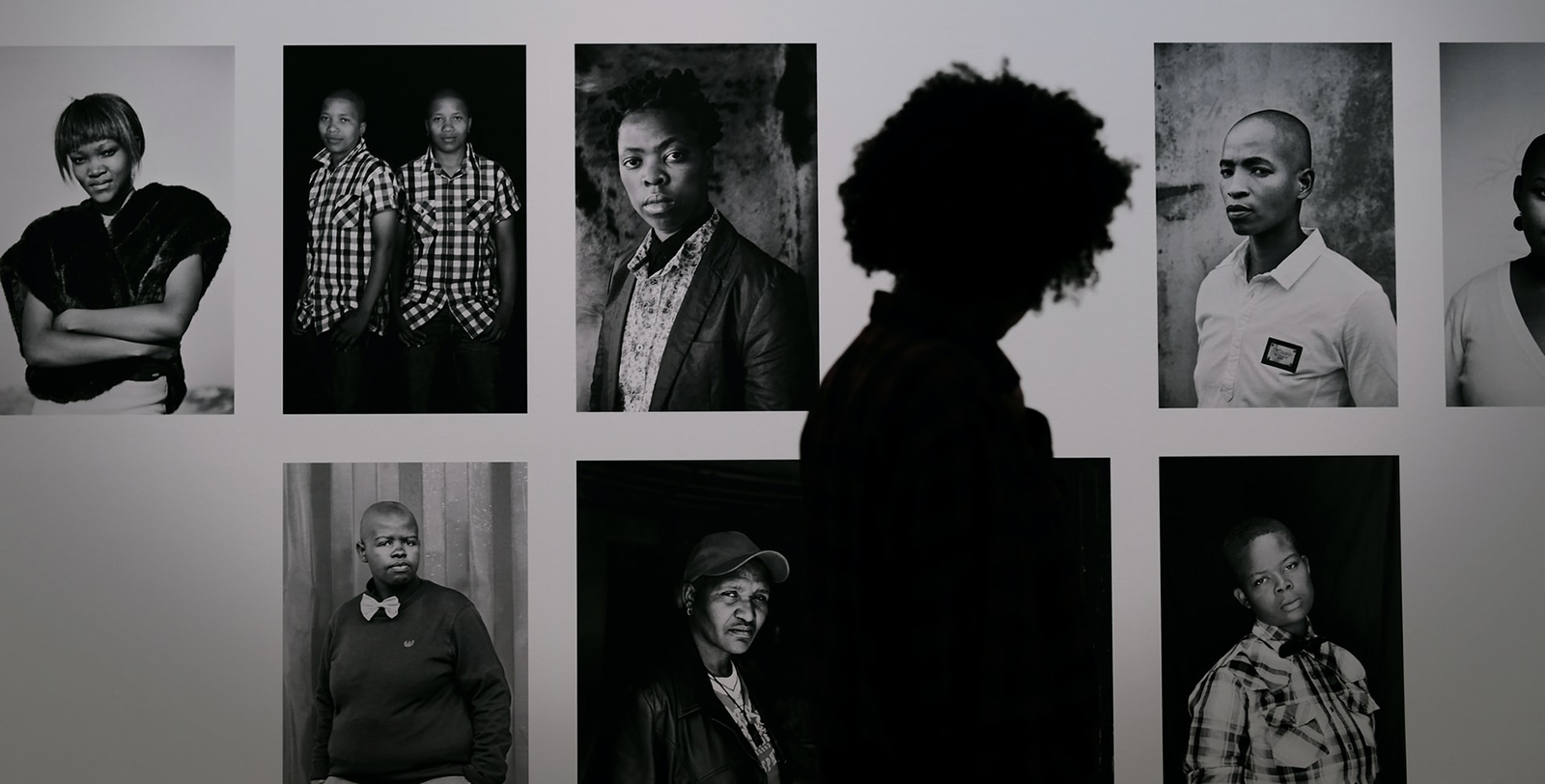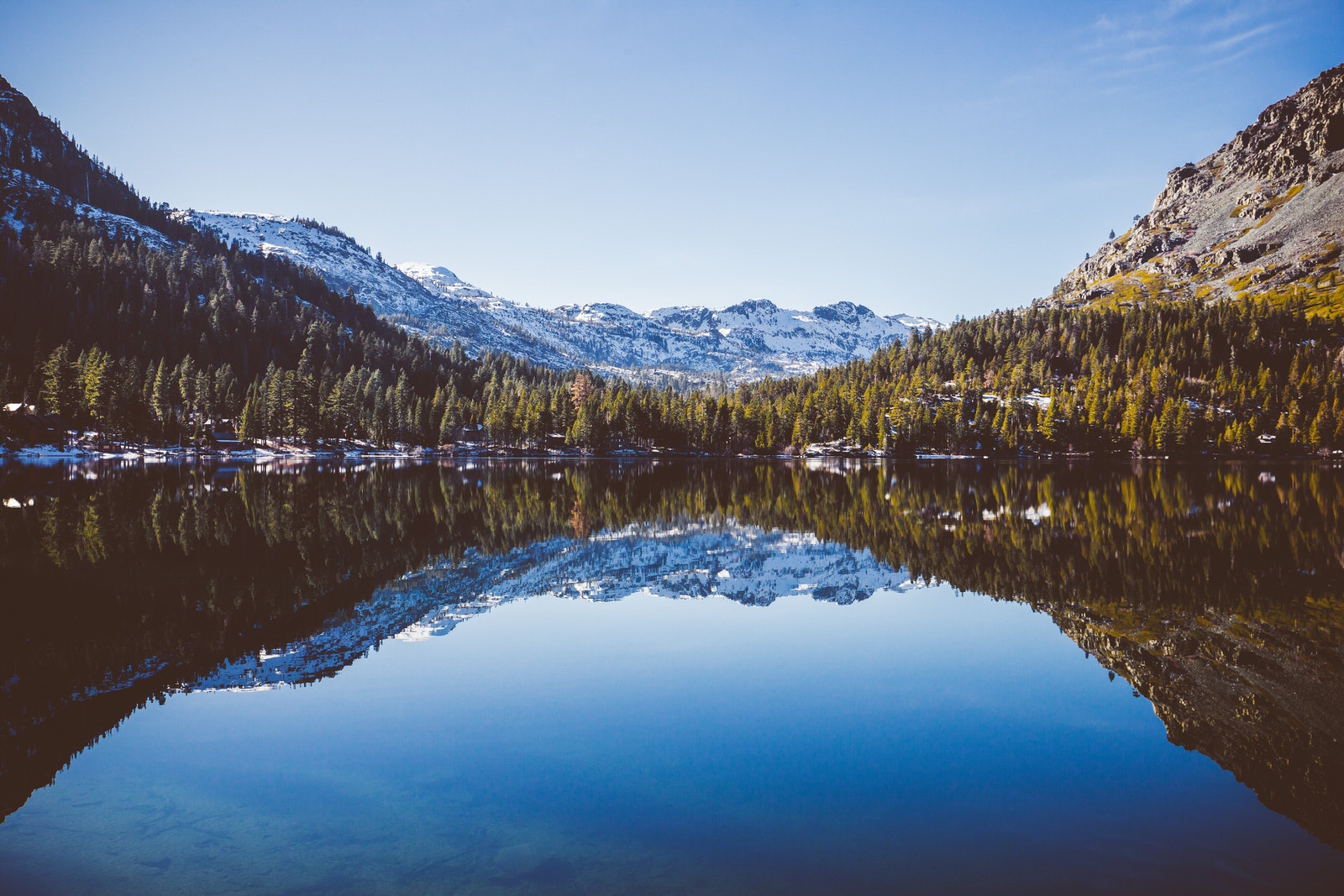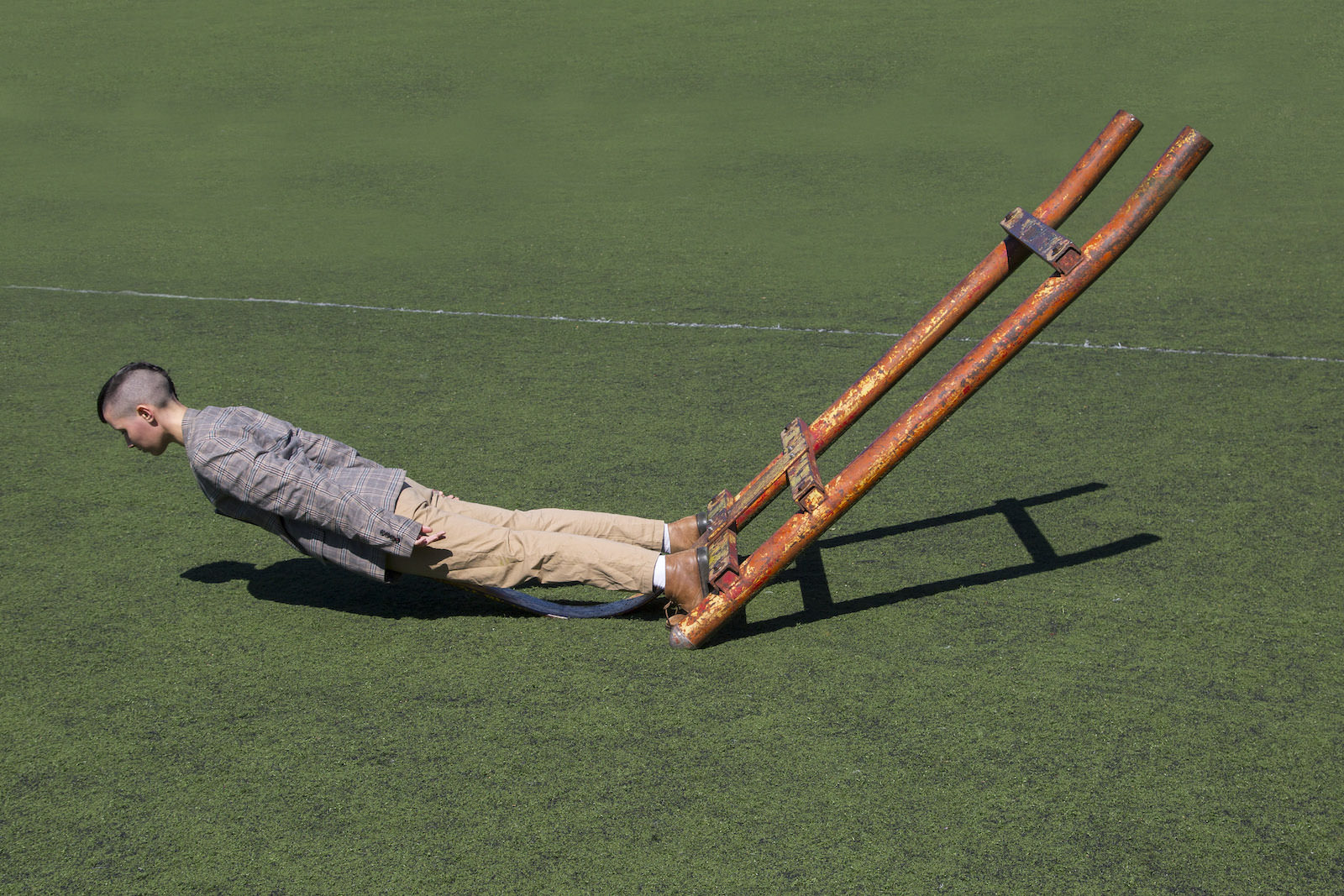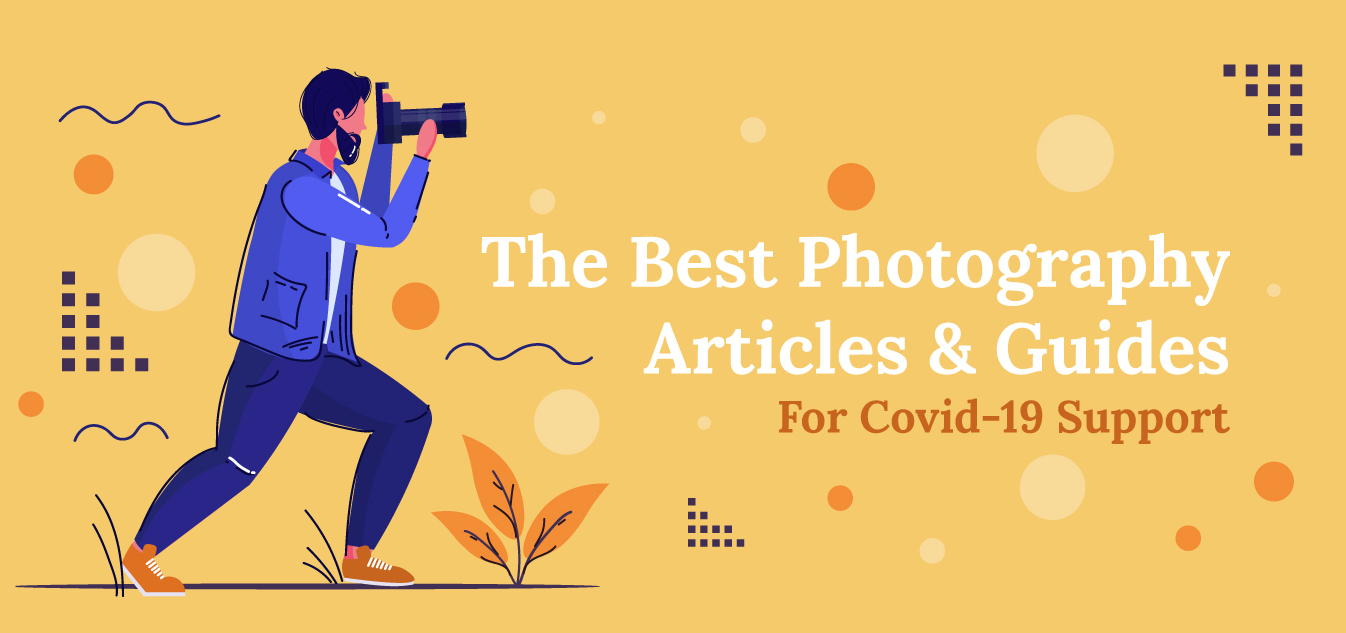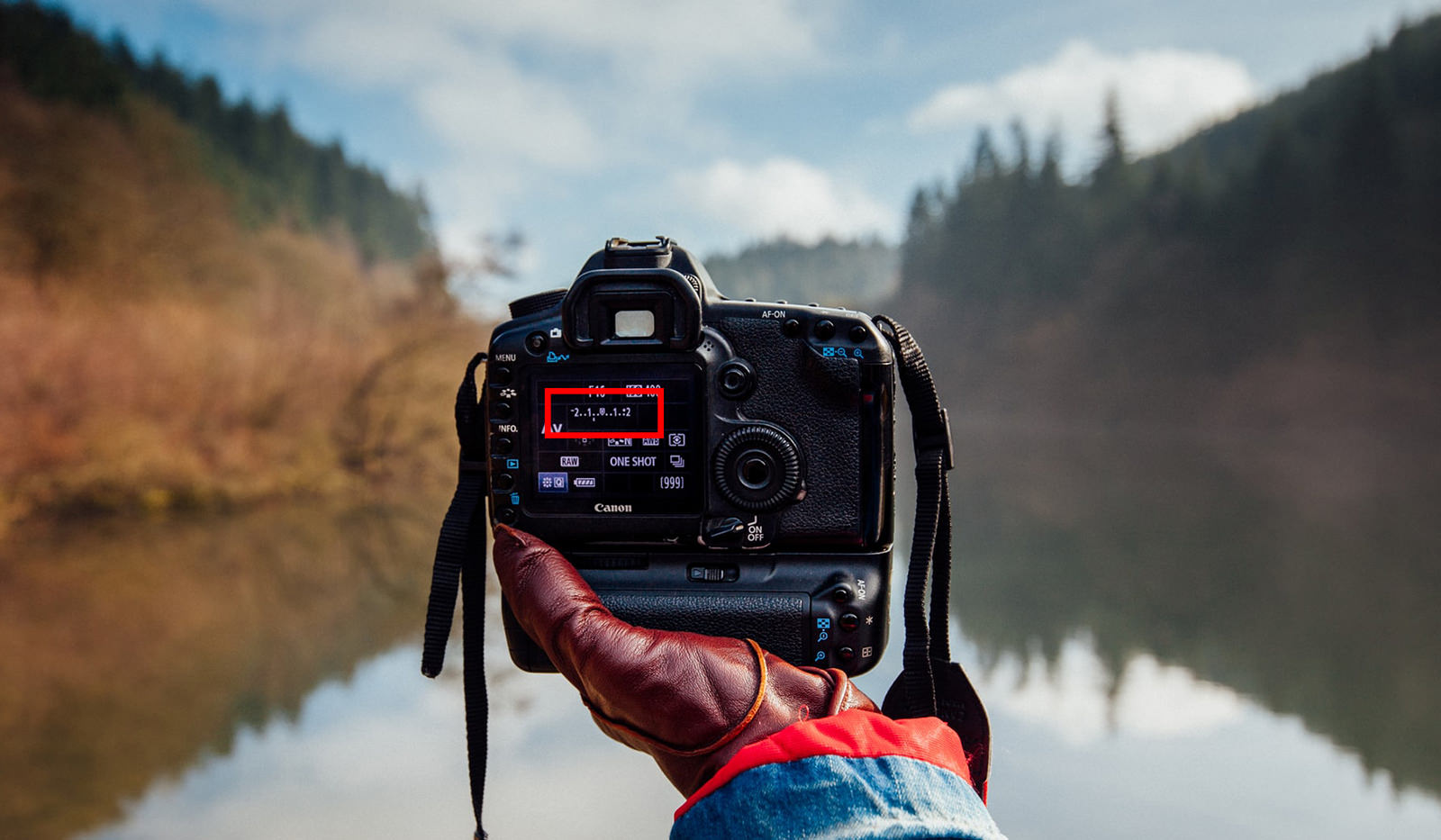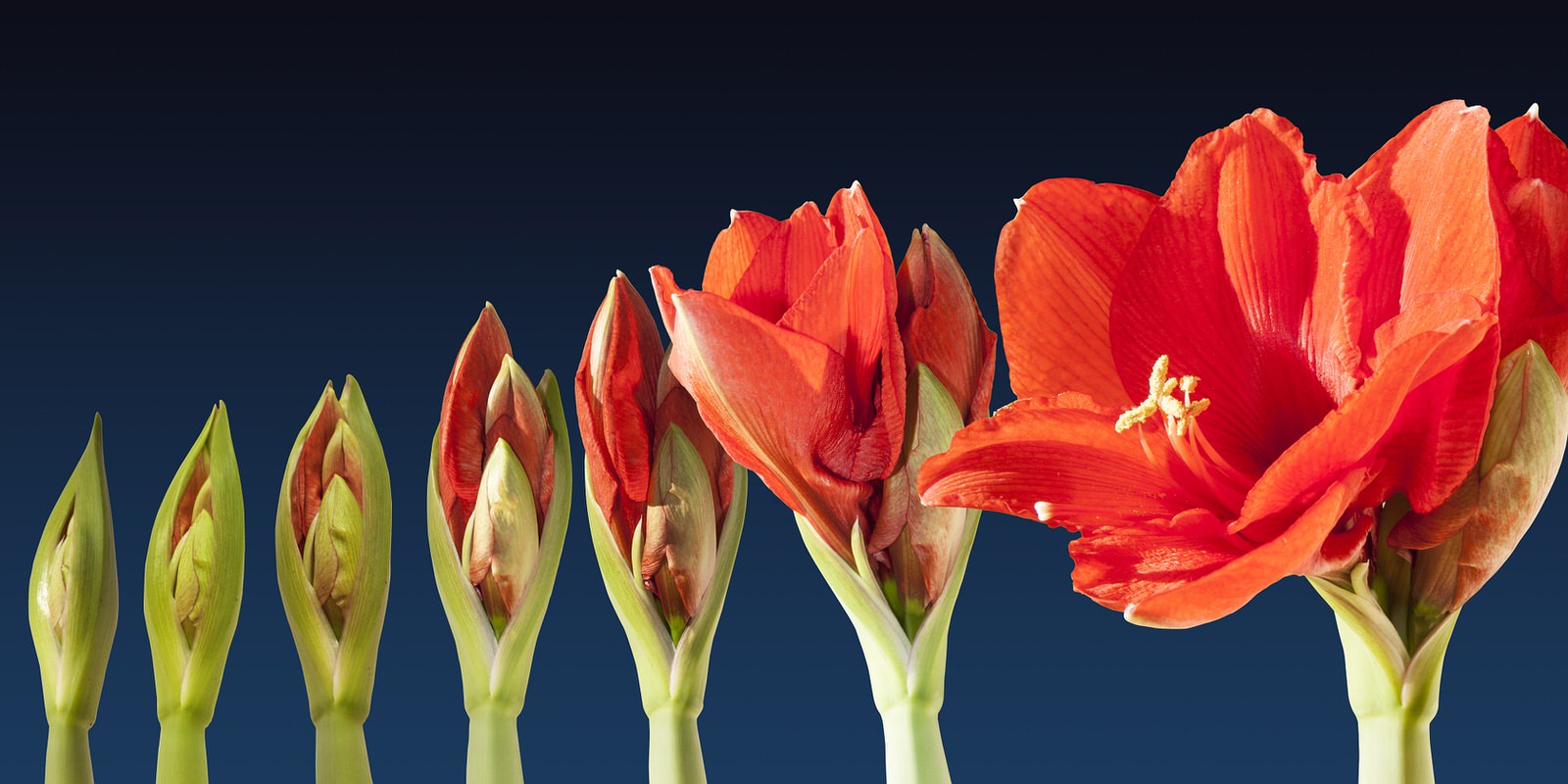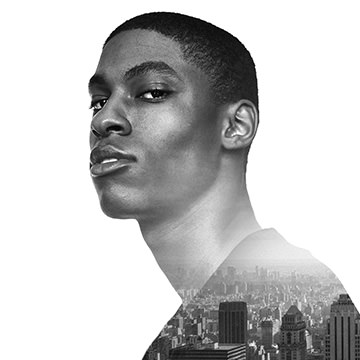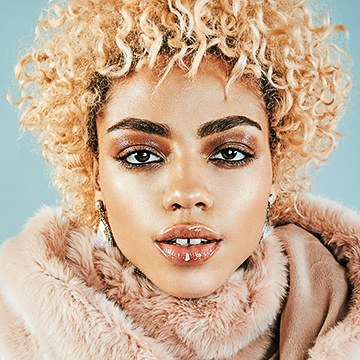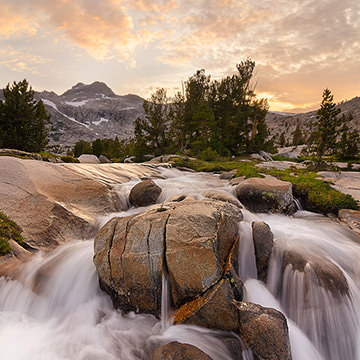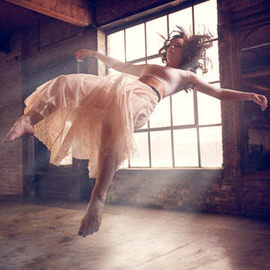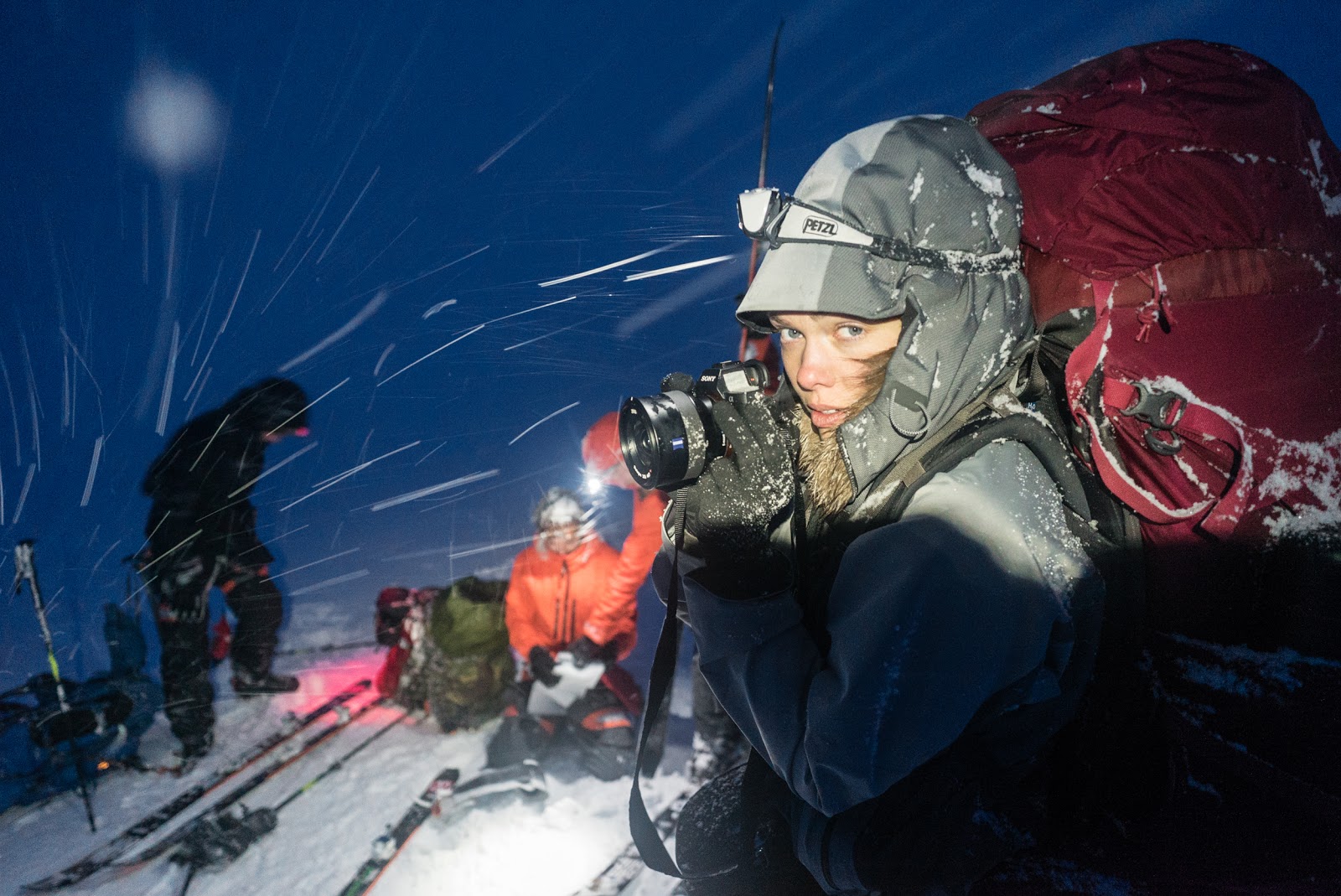
Taylor Freesolo Rees on Science Photography, Documentary Filmmaking, and Sexism
Taylor Rees was born into nature. Her parents, both avid climbers, gave her the middle name “Freesolo”, both as an homage to their hobby and because their actual surname fits squarely into it. So it was perhaps inevitable that, after studying environmental science at university, she would spin her career to document the natural world, as a photographer, filmmaker, and digital storyteller.
Unlike most nature photographers, however, whose goals are simply to capture the world’s beauty, her goals are more pointed, politically charged, and urgent. She aims her lens at communities affected by climate change, endangered animals, and mining in the global south, peppering her Instagram with golden sunsets and an occasional selfie with her husband, Renan Ozturk, whose work can sometimes overshadow hers. But she’s nonetheless carved out a name for herself in the climbing and photojournalism worlds through tireless effort, constant hustling, and a genuine passion for her work and the planet.
I am curious about how you first got into photography. What led you to it?
I have been into photography pretty much for as long as I can remember. I started using small point-and-shoot cameras in high school to photograph my friends, and then got into black and white photography and developing my own photos in a darkroom in high school as well, and then carried that through college and projects until I finished graduate school, and then kind of took this on full-time.
What made you start taking pictures in high school?
I just always loved the art of photography. I like the act of doing it; I liked engaging with people and with friends; I loved taking portraits of friends, photographing our adventures, various high school debauchery, photos of my family.
Was there any kind of photography you gravitated towards back then?
No, not necessarily. Perhaps just capturing real moments. So I wouldn’t call it photojournalism because it was mostly real moments with my friends and my family, but more so people than landscapes.
How did you start to hone your style?
I probably started to hone my style when I started shooting more full-time. I did a bachelor’s degree and a master’s degree in environmental science, but would use photography on projects and worked for various non-profits and would teach photography and video to students. I was more into the education aspect of it, or using imagery to facilitate science communication. But when I finished grad school in 2014 and started shooting more full-time, I think that’s when I started developing my own style just purely because I had more time to do it.
What do you mean, “facilitating science communication”?
So, obviously, a lot of the hard science that happens in our world – whether that’s medical science or environmental-ecological science or deep-space science – the nitty-gritty of what those investigative projects are uncovering is often really difficult for the public to understand.
We get so much of our understanding of the world through imagery and storytelling and writing. That aspect of science communication always interested me, and I would always shoot photos while I was in Greenland doing field research on climate change, or when I was studying tree ecology in Jackson Hole.
What caused you to pivot away from using photography to supplement a greater research project and towards, like you just said, full-time photography?
When I was in graduate school, I was a director of programming for the Yale Environmental Film Festival, and could just tell that my passion for being more in this storytelling and communication space was overriding my motivation to stay within the harder sciences. So I spent two years at the Yale Environmental Film Festival and just knew, at that point, that when I finished graduate school, I was going to pursue actually creating documentary films and photojournalism projects myself.
It was kind of just a slow awareness of that passion that had always been inside of me. And finishing grad school and taking the leap to pursue that, it just felt natural.
Okay. So what was it like when you just started out, in 2014-2015, the first year of being a full-time photographer? How did you do it?
Yeah, I get asked this question a lot. I think young and emerging photographers are always looking for that answer. And my response to that question is just, “Take every opportunity you can and any role for experience.”
That’s pretty much what I did. I moved to Utah to be with Renan; I would assist for him; I would shoot my friends’ weddings; I would give myself assignments that I wasn’t getting paid for, just to continue to develop the craft. I would join pretty much anyone’s trip or expedition or photo projects.
Aside from just seizing opportunity and following my love for it, I think that’s how it felt during those first couple years. I wasn’t getting paid to do big assignments independently quite yet, but I was happy to be exploring the field.
Was there a particularly big project or a moment when you started to realize, “Oh, I’m making it. It’s working.”
I don’t think so, because I think that my career is always evolving still. So much of what I do, and what my husband Renan does, is also producing, and writing and executive producing projects, and filling different creative roles and management roles for our business as well as actually being paid to be on assignment to shoot video or winning grants to do my own film projects. I see my career continuing to evolve into the future, getting more into educational programming or workshops or more of the activism space around climate change.
To me, it always felt like I was doing everything I could in my life because I just can’t sit still, and so I’m just kind of “do, do, do” and filling my days with activity. It never really felt to me like, “Oh, now I’ve made it,” because I still don’t think I’ve made it in many ways, because I’m not even sure what I want “making it” to be, you know? Does that make sense?
Oh, it makes perfect sense.
Where I see the pinnacle of my life is very much something that’s evolving and changing. So, yeah, I don’t think I’ve ever felt that way.
No, it’s fair, that’s a great answer. Do you have any specific plans or goals for where you’ll be in, say, a few years, what kind of projects you’ll be working on?
Yeah, roughly speaking, I am really inspired to integrate my work in photo and film more with different kinds of mixed-media projects that are happening in the policy space, in the activism space, with music, going back to my roots around integrating more deeply with science. The content-creation industry is so all over the map, and has the potential to integrate itself into so many different fields.
Right now, I’m doing a lot of photojournalism projects, I’m working on isolated documentary projects and branded-content projects, but they’re not really integrated with other types of creatives like musicians or activists. So I see myself just growing by applying these skills to different types of projects in the future.
I’m going to ask a few questions now that are specific to your process. If you’re embarking on a new expedition or just starting a new project, how do you get started?
Yeah, I mean, once it becomes clear that I’m really into a new project, I will usually start with putting a pitch deck together for a budget, knowing what it’s going to cost me and finding the support up front. But often that doesn’t happen. Often you just get so excited that you fund your first trip down there – you pay a friend to join you, say, “We’re going to spend five days,” and suddenly, you spend three weeks.
When you’re following a story, it’s really difficult, especially in the doc space, to get funding. I don’t have kids, so I have the privilege to spend some of my income on my own work. And I feel like that’s what happens, you get super excited and just go. Right now, for example, I’m taking a couple of steps back on a project that I started earlier this year and writing the pitch-deck proposals and applying for grant funding and going through that more baseline process.
That’s often how people get started – that’s for independent doc films that would fall under the line of my projects. But I also just get hired for work. I suppose that looks like a bit of a different process.
And when you’re talking about a documentary film, I’m assuming that, because you’re very multi-disciplinary, involving photojournalism, it seems like you never do just one thing, you never just go on a photo exhibition, unless you’re hired to do that. Is that right?
Yeah, I’ve been hired, a number of times, to go somewhere and shoot photos for a non-profit, for a project. Every single project’s totally different, whether it’s commissioned or whether it’s coming from an idea. You have to play one role or you’re going to play 10 roles, you know?
When you’re doing creative stuff and you hit a wall, how do you get around it?
Most of my creative blocks are just exhaustion-induced. I think I have a tendency to take on a little bit too much in life. And if I’m failing to feel like I have the energy to really push through a difficult part of the process, it’s usually because I’m really worn out and tired and I need to rest, or go for a walk, or take a day off and just like give my mind a moment to breathe.
If you take a day off, do you do something like going out into nature for a hike or something? Or because that’s so much of your job, do you find it more relaxing to just stay at home and watch Netflix?
Both, for sure.
Fair enough. After you’re done a trip, how do you go through all the raw footage?
I usually start with importing all the footage into Premiere, into a timeline, and reviewing footage and pulling selects. Oftentimes, I think, especially with doc, you know what the story is going in, but then something else always happens, and then, it all really comes together and the story that’s told is mostly crafted in the edit.
We’re basically reviewing everything and taking notes and making cards and talking to friends or collaborators on the project. And then you’ll go through that iteration 100 times over the course of the edit because then, as you’re editing in a doc, oftentimes you still are constantly molding and refining different elements of people’s characters, what you’re bringing out on different elements of what happened. It’s a pretty painful process.
I want to ask a bit about your relationship with Renan. I know you have worked together a whole bunch, but you also work independently. I’m curious about how you guys figured out the personal-professional work-life balance, if that was something that happened organically or if you had to have conversations about it. How did you land into where you are right now?
That’s a good question. Renan and I started working together pretty full-time, I don’t know, five years ago – we’ve been together for I think eight, but we really started working on projects together when I finished school. I think that there were some initial trips where we had to organically figure out our individual boundaries, ways in which we liked to be communicated with that felt respectful. But overall, that whole process is one of the less stressful in my life.
I think we were both sensitive people and our love is strong and our respect for each other is strong. And so, problems arise, but they figure themselves out because neither of us wants to make life difficult for each other. If we wanted to argue a lot, if that was a game we liked to play, I don’t think we would successfully collaborate with each other as much as we do. Little things pop up all the time, but I think we both have a desire to find a solution and amend the dynamic if we have to.
Do you ever feel overshadowed by him? Because he has more Instagram followers, a bigger name, or something. Does that affect you?
Yeah, sure. Definitely. It’s hard sometimes, especially when we collaborate equally and give equal energy to a project. We might even co-direct completely, start to finish, but I won’t have been in the footage, and many people won’t really recognize or know that I was a big part. But I think the people that matter to me, that know what I do, are my own kind of creative community. There’s definitely no issue there with feeling represented or supported.
But yeah, if you take the big picture of the million people on social media who we don’t know, I’m sure I could wrap myself into feeling insecure, if I thought too much about it. It’s gotten easier over time, just growing into the type of creative that I want to be and knowing that that’s so much more about my own sense of self-worth and self-esteem and not always the attention that I get from others.
For sure. Do you think it’s because of his name recognition, or do you think it’s also just sexism, especially in the climbing and outdoor photography space?
I think it’s both. There are instances all the time where we’ll be together in a meeting, or meeting a new collaborator, a new client, and the sexism of how someone will look to him and not to us both for feedback, information or ideas is kind of funny.
But what helps that process not be so painful is that, for one, Renan doesn’t even seek celebrity status. He literally is one of the most talented people I know and kind of shies away from it, so it doesn’t feel like he’s trying to bring that on himself in any way. He is also really good about being inclusive and opening up conversations that are getting wonky, knowing that only we understand the deep nature of our collaboration and sometimes others don’t.
So when that kind of stuff comes up, I think we have a good way of navigating it too. But, yeah, the world has not resolved its sexist tendencies quite yet.
I do want to ask more broadly about general things that inspire or influence you. I’m going to start with other photographers – and you’re not allowed to say Renan. Who are your influences in the industry?
It’s such a good question. I don’t know, I’ve never really been one to deeply follow the work of another creative with that kind of obsession. I think I’m more influenced and inspired by the world itself than other people’s way of photographing it, probably to my own detriment – probably to a point where I haven’t honed certain skills or considered certain tools or tactics as much as I could have.
I’ve always loved the way cinematographers use light, like Emmanuel Lubezki’s work, people that really use natural light. But I think what I’m inspired by is just what’s happening in the world. That’s kind of what’s always guided me.
Is there a book that you recommend for photographers or for people in the creative industry?
I read this book once, Creativity, Inc. It’s the only book about creativity I think I’ve ever actually read, but it’s more about creative collaborations and knowing how to put teams together where you know that the best work that’s going to come about is where everyone involved feels super respected and their ideas are uplifted, even if their job is to organize the files.
But in terms of photography, the books that have really influenced me are books about the environment and what’s happening, because it drives me to want to go out and use photography to help tell those stories.
Is there a quote that motivates you or excites you, something you tell yourself if you’re ever in a rut?
The only quote that comes to mind might be kind of weird, but it’s, “Everything I’ve ever let go of has claw marks on it,” by David Foster Wallace.
It reminds me that, as much as it would be nice if we were all very zen in life and had abilities to detach ourselves and live peacefully all the time, that’s just not who we are. It reminds me that it’s okay if I’m wrestling with something, with a project or an idea, and it’s torturing me and I’m in it and it’s covered in claw marks – that it’s just, it’s okay. It doesn’t have to be this beautiful process all the time.
What are you focusing on right now?
I’m in the middle of production on a feature documentary around the darker side of green technology, basically looking at lithium – the demand for lithium is really involved in the Green New Deal and our current technological solutions to climate change, and yet, lithium extraction is really no different than oil extraction, or basically mining groundwater underneath the feet of indigenous communities in Chile and Argentina. The intention of the film is to try to ask some deeper questions about how we’re really going to evolve ourselves out of a consumer-based approach to solving climate change.
You’re still in production, or are you still going back and forth to film there?
Going back and forth to film.
Do you have any idea when you might complete it and start screening it at festivals?
I would say winter-spring 2021. But there’ll be some shorter pieces that come out about it that are a part of the communities’ campaigns to have the mining regulated, so it’s not going to completely destroy their home.
Given her career, Taylor’s work is aptly cinematic, as she displays on her Instagram page. Her films often screen at festivals worldwide, but one of her latest, The Last Honey Hunter, is available on Vimeo.
